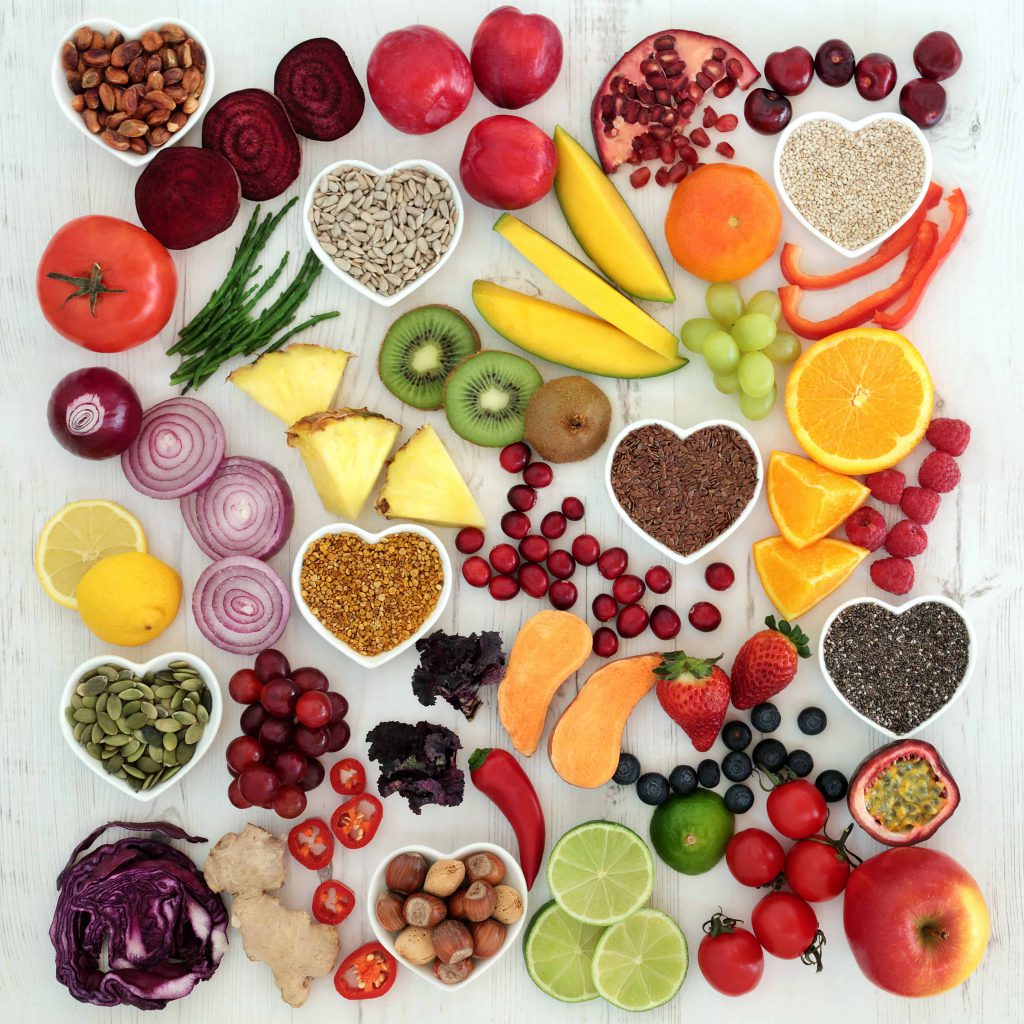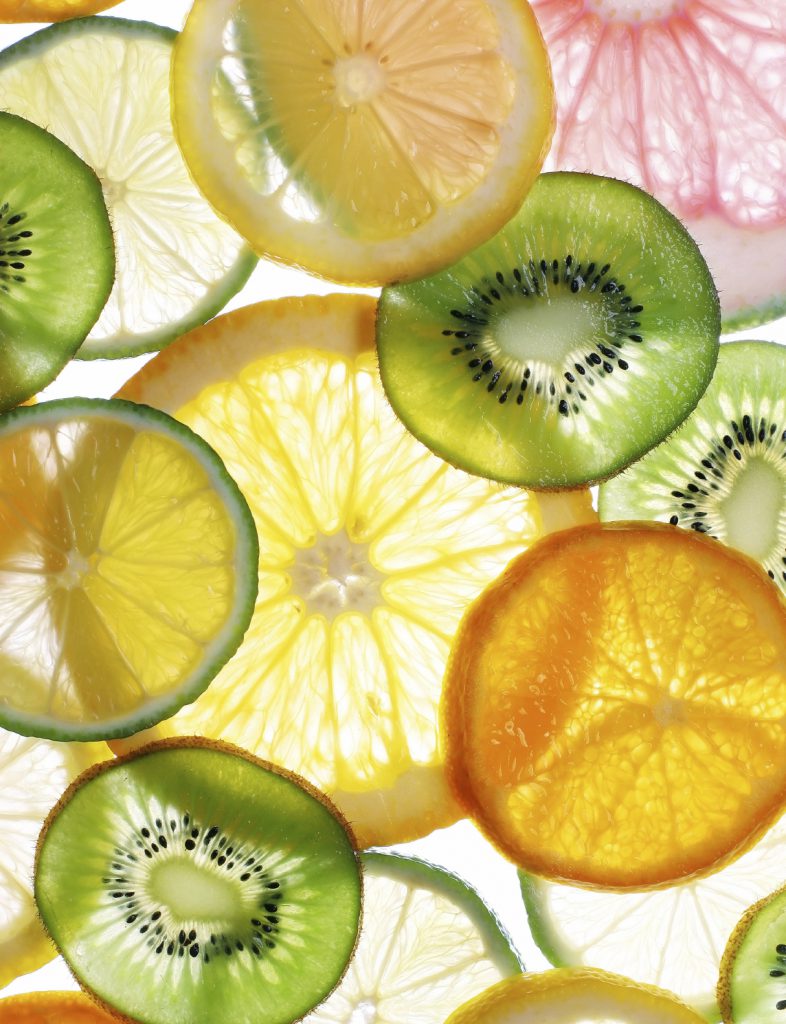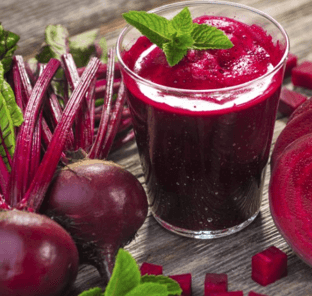Many of us have a love affair with coffee. Fortunately, the beloved brew is—in every sense—a feel-good story in nutrition science. Although most people drink it for the mild stimulant effect of caffeine, the data shows a link between coffee consumption and impressive health benefits. Some surprising ones: significantly lower risk of type 2 diabetes and cardiovascular disease—and most impressively, improved longevity.
Why Is Coffee Helpful?
Caffeine is partly responsible for coffee’s benefits. Caffeine is a chemical in the same family as some medications, including the asthma medicine theophylline. Beyond caffeine, coffee’s health-promoting attributes are due to its rich content of polyphenols. These are plant compounds with potent anti-inflammatory and antioxidant properties.
How Much Caffeine is in Coffee?
Caffeine content varies widely among different styles of coffee and brewing methods. And of course, serving size is an important factor too:
- An 8-ounce cup of drip coffee has 90-150 milligrams caffeine. But that total can jump to 400 milligrams for the largest size found in a popular coffee outlet.
- Surprisingly, a shot of espresso typically has less caffeine than a small cup of coffee—only about 75 milligrams.
- And tea has even less caffeine. Black tea contains about 40 milligrams for 8 ounces, and green tea has about 30 milligrams. Herbal teas, like ginger and chamomile, typically have no caffeine at all.
Caffeine in Energy Drinks
Caffeine is also concentrated in “energy drinks.” A 12-ounce can of a popular energy drink has about 110 milligrams of caffeine—the same amount as in a small cup of coffee—but with a heavy dose of added sugar. In fact, energy drinks typically have just as much sugar as many cola beverages.
Energy “shots” are even more concentrated. A 2-ounce serving can contain 230 milligrams of caffeine. That’s about twice as much as an 8-ounce cup of coffee.
How Much Caffeine is Safe?
For the general public, the Food and Drug Administration cites 400 milligrams per day as the upper safe limit. And of course, some people are especially sensitive to the effects of caffeine and need to reduce their intake to far lower amounts.
Pregnant women need to be especially careful with caffeine. The American College of Obstetricians and Gynecologists recommends consuming no more than 200 milligrams of caffeine per day when pregnant. However, there is some controversy over the recommendations. Some data suggests that 200 milligrams of caffeine may be higher than desirable in pregnancy—so always consult your personal physician.
Is Decaffeinated Coffee Linked to Health Benefits?
Yes! Data shows that decaf is also linked to better health, including improved longevity. These findings support the importance of polyphenols, which remain plentiful in decaffeinated coffee.
Does Coffee Brewing Method Matter?
Regularly consuming an unfiltered brew, like French-press or Turkish style, has been associated with a small but significant increase in “bad” LDL cholesterol. The culprit is cafestol. This is a natural compound that raises blood cholesterol but is largely removed through the paper filter used in drip-style brews.
Is Tea Also Good For You?
Absolutely. Teas typically have high concentrations of polyphenols called flavonoids. Flavonoids are especially powerful antioxidants and anti-inflammatory agents, likely responsible for health benefits similar to those associated with coffee.
Are the Sweet Coffee and Tea Beverages Also Healthy?
Fancy coffee-shop drinks are definitely not the best ways to consume coffee—mostly because they often contain large amounts of sugar and extra calories. Some popular types top out at over 400 calories. It’s best to drink coffee and tea with nothing added whenever possible.
Closing Thoughts
For those who don’t enjoy drinking coffee or tea, there’s certainly no need to start purely for health reasons. But if you can’t imagine a wake-up call without caffeine, it’s reassuring to know that the drink that you love loves you right back.
Interested in living a healthier lifestyle?
Learn the essentials of eating and living healthfully in our interactive, user-friendly learning program for the public.
Clinicians: Do you feel confident responding to patient questions about nutrition?
Take our award-winning condensed interactive nutrition CME—and learn what every clinician should know about nutrition.



